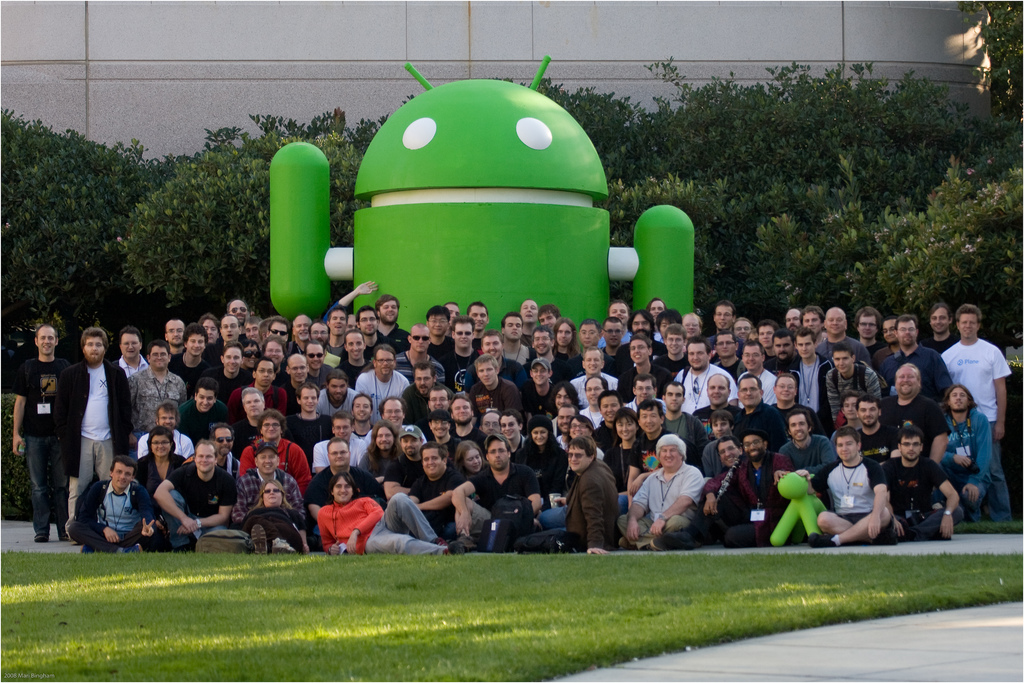 NEWS
NEWS
 NEWS
NEWS
 NEWS
NEWS
A long-rumored merger may finally be happening with a report Thursday that Google is looking to merge its Android and ChromeOS operating systems.
The Wall Street Journal quotes the proverbial “people familiar with the matter” as saying that ChromeOS will be folded into Android as the latter has become by far the more dominant operating system, while ChromeOS has remained a bit player at best.
Google engineers are said to have been working on the project to combine the two operating systems for around two years, with a goal to launch the new single operating system in 2017 with a beta or preview version to be released as early as next year.
The Verge reports separately that the combined operating system will likely be demonstrated at Google I/O next year; a date for the event has not been set for 2016 but is usually held in the last week of May.
Rumors that ChromeOS and Android would be merged started three years ago, way before Sundar Pichai, now Chief Executive Officer of Google, took control of both Chrome and Android and subsequently started to bring both closer together, in particular adding Android app support to ChromeOS; Pichai also recently told analysts on a call that “mobile as a computing paradigm is eventually going to blend with what we think of as desktop today,” given further credence to the move to merge both operating systems.
Despite having a loyal fanbase of users, ChromeOS has always lacked scale, with sales of Chromebooks said to represent slightly under 3 percent of the market.
Android by contrast dominates mobile with around a 78 percent market share, is found on a majority of tablets, and more recently has made the move to the high end faux-laptop space (tablet with keyboard) by way of Google itself with the Pixel C.
Merging the two operating systems will not be the easiest of tasks given they are very different creatures by design, however, an operating system that works on both mobile platforms and PC’s is not without precedent, with Microsoft’s Windows 10 designed to run on both.
For Google, it’s all about getting Android on even more devices, but the stronger argument is what it delivers to users in terms of bringing the scale and breadth of Android applications in particular to the desktop, creating a seamless experience across all devices.
Whatever Google comes up with, we’ll have to wait and see until sometime next year.
Support our mission to keep content open and free by engaging with theCUBE community. Join theCUBE’s Alumni Trust Network, where technology leaders connect, share intelligence and create opportunities.
Founded by tech visionaries John Furrier and Dave Vellante, SiliconANGLE Media has built a dynamic ecosystem of industry-leading digital media brands that reach 15+ million elite tech professionals. Our new proprietary theCUBE AI Video Cloud is breaking ground in audience interaction, leveraging theCUBEai.com neural network to help technology companies make data-driven decisions and stay at the forefront of industry conversations.